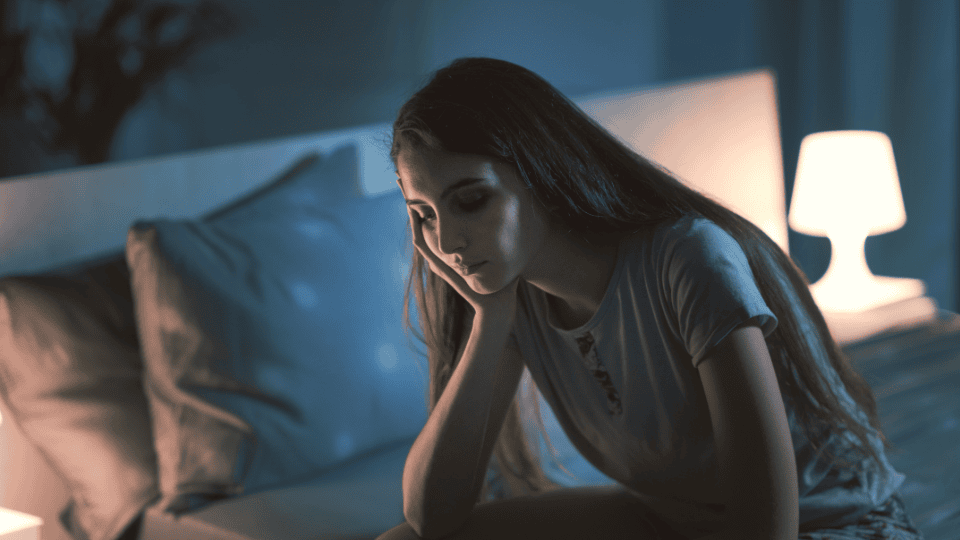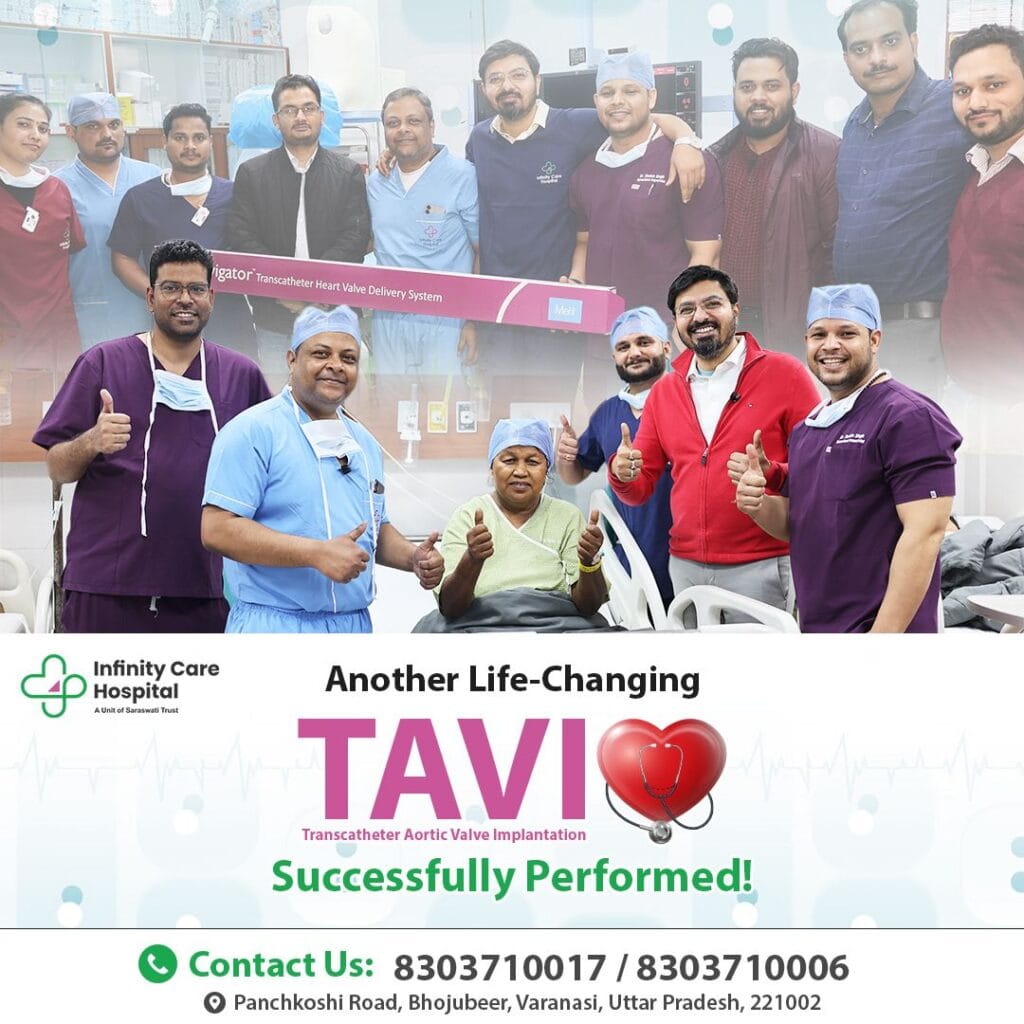When we think of sleep problems, insomnia and snoring usually come to mind. But did you know there are many rare sleep disorders that can significantly affect a person’s health and daily life? These conditions may not be well-known, but they are real and treatable. In this article, we’ll explore some uncommon sleep disorders and how modern medicine can help manage them.
1. REM Sleep Behavior Disorder (RBD)
What is it?
REM Sleep Behavior Disorder causes people to act out their dreams. Unlike regular dreams where your body stays still, this disorder makes your muscles active. People may talk, yell, or even move violently during their dreams.
Symptoms:
- Shouting or talking in sleep.
- Sudden movements like punching or kicking.
- Injuring themselves or their bed partners.
Treatment:
Doctors usually recommend medications like melatonin or clonazepam to calm the brain during sleep. Safe sleeping environments, such as removing sharp objects from the bedroom, are also advised.
2. Kleine-Levin Syndrome (KLS)
What is it?
KLS, also called the “Sleeping Beauty Syndrome,” is a rare condition where a person sleeps for days or even weeks at a time. During these episodes, they may wake up only to eat or use the bathroom and often appear confused or detached.
Symptoms:
- Excessive sleep lasting 18–20 hours a day.
- Altered behavior or lack of energy when awake.
- Episodes can last weeks and occur sporadically.
Treatment:
There is no specific cure, but doctors may use stimulant medications to reduce sleep episodes and antidepressants to manage symptoms.
3. Exploding Head Syndrome (EHS)
What is it?
Don’t worry—the name is scarier than the condition itself. EHS causes people to hear loud noises, like explosions or crashes, as they’re falling asleep or waking up. The noise is not real, but it can feel very alarming.
Symptoms:
- Hearing loud sounds that aren’t there.
- A sudden jolt of fear or anxiety after the “noise.”
- Difficulty falling back asleep after an episode.
Treatment:
Reassurance and stress management can help most people deal with this condition. In severe cases, doctors may prescribe medications like antidepressants to reduce episodes.
4. Non-24-Hour Sleep-Wake Disorder
What is it?
This disorder affects people whose internal body clock doesn’t align with the 24-hour day. It is more common in individuals who are blind, as they lack light cues to regulate their sleep cycle.
Symptoms:
- Difficulty sleeping at night and staying awake during the day.
- Constantly shifting sleep patterns.
- Feeling out of sync with the world.
Treatment:
Melatonin supplements and light therapy are often used to reset the body’s internal clock. For blind individuals, specialized medications like tasimelteon are available.
5. Sleep Paralysis
What is it?
Have you ever woken up and felt unable to move or speak? Sleep paralysis happens when the body stays in a state of sleep while the mind wakes up. People often experience a sense of fear or feel like someone is watching them.
Symptoms:
- Inability to move or speak when waking up.
- Hallucinations of someone in the room.
- Episodes last a few seconds to a few minutes.
Treatment:
Improving sleep habits and reducing stress can greatly decrease episodes. In severe cases, doctors may prescribe medications like antidepressants.
When to Seek Help
If you or someone you know is experiencing unusual sleep issues, it’s important to consult a doctor. A sleep specialist can run tests like a polysomnography (sleep study) to diagnose and treat the problem.
How Multispecialty Hospitals Help
Multispecialty hospitals offer advanced sleep clinics that provide:
- Expert consultations with neurologists and sleep specialists.
- Sleep studies to diagnose rare disorders.
- Tailored treatment plans, including medication and therapy.
Modern medicine has made it easier to diagnose and treat even the rarest sleep disorders, so there’s no need to suffer in silence. With the right care, you can sleep better and live healthier.
Final Thought:
Sleep disorders can be complex, but they are manageable. If you suspect you have a sleep issue, don’t hesitate to seek professional help. Better sleep means a better life!




